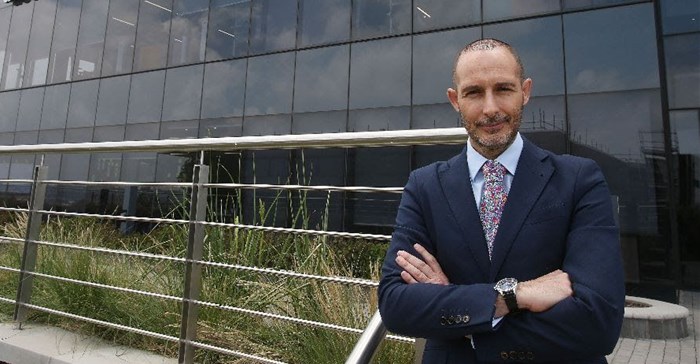
Top stories





Marketing & MediaAds are coming to AI. Does that really have to be such a bad thing?
Ilayaraja Subramanian 18 hours

More news
















Organisations do well at ideation and even at shaping and design, but scaling is always an afterthought instead of something that is progressively shaped. This is usually because scaling requires partnering with others (internally or externally) and partnering seems like giving away the idea instead of complimenting or multiplying it.
So you have an idea, but now you actually have to shape it, prove it, design it and test it.
The mistake most organisations make is they shape and design innovation ideas in the same way that they would do with, for example, designing something related to a compliance process where everything has to be foolproof risk, every scenario has to be covered, every risk has to be fully accounted for and they should say with 100% certainty what this idea is going to do, what value it is going to drive and how every single risk is mitigated.
Unfortunately, we see a lot of organisations that carry out innovation in this way. What results is you kill innovation, you kill the idea there, because you are not able to answer every single question – which you shouldn’t be expected to with something that has never been done before.
It speaks to business bravery, where all of the outcomes are not necessarily known. But businesses could be averse to being bold and to taking that unknown step. Although all the upsides could be predicted, but because there are no 100% guarantees either way they shy away from the innovation and ultimately from the benefit that it can bring.
Value comes from scaling. Scaling into more businesses, more consumers, more sales. But there are two main problems with scaling. The first is that a lot of organisations think about scaling only at the end. So it's, it's almost like an afterthought. You go through ideating, you go through shaping, designing or killing an idea, and then once you have it, you ask “how will I scale this?
Innovation should not be so sequential, and scaling has to be thought out appropriately and shaped from the beginning. If you have no idea around how you're going to scale something, you actually have nothing.
Secondly, scaling usually requires partnering with others whether internal or external to benefit from complementary skills, capabilities or multiplying of others. When you are going to scale something you're usually going to need to partner with other parts that were not really at the core of your idea.
Human bias tends to get in the way, and people feel as if partnering means giving their idea away. Partnering also means reaching an agreement with other parts of your organisation that you haven't engaged yet. People are innately possessive with their ideas and it is difficult for teams to overcome this bias.
Innovation is not a lonely road, it needs to be devoid of selfish ambition. The focus should be on a goal that needs to be achieved, rather than personal accolade, or the team accolade.
The main point is if scaling is an afterthought, it's almost guaranteed that it will not work. If you wait until the end, there's a chance that your great idea won’t survive on a large scale. Successful innovation depends on understanding the ecosystem of value and collaboration throughout, in order to scale the idea and reap business benefit from that innovation. So it ties back to the whole ecosystem of value and collaboration.
If you leave scaling to the end, it may be too late, you'll run out of capital, or lose the patience of leaders or colleagues in your organisation. An ecosystem-first mentality will help innovation teams succeed better at scaling for value. It requires a mindset shift, where partnership and ecosystem are upheld.
Partnership doesn’t have to be fully physical. Virtualisation allows teams to collaborate even from a distance and still get the value of scaling. That interaction whichever way is done, adds benefit, but physical interaction where people come together in a room actually makes brighter ideas come alive quicker, because they can feed off one another.
To gain longevity of value, scaling must evolve otherwise the success will have an expiry date. Once launched, you as the innovator, need to be your own disrupter. In order to improve and evolve, and constantly scale and rescale the innovation. Keep ideating, shaping, designing, killing ideas, and then scaling to get maximum value.